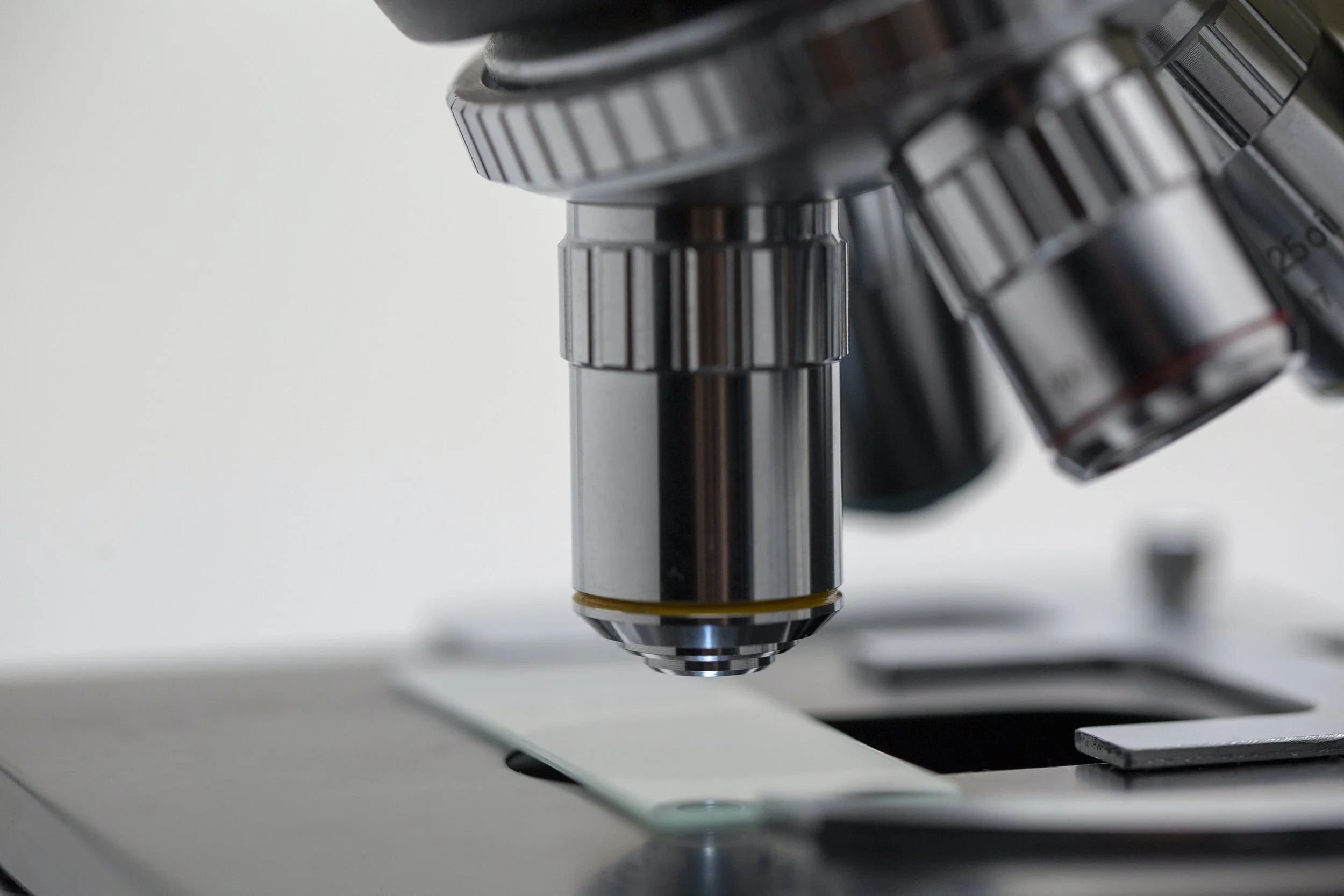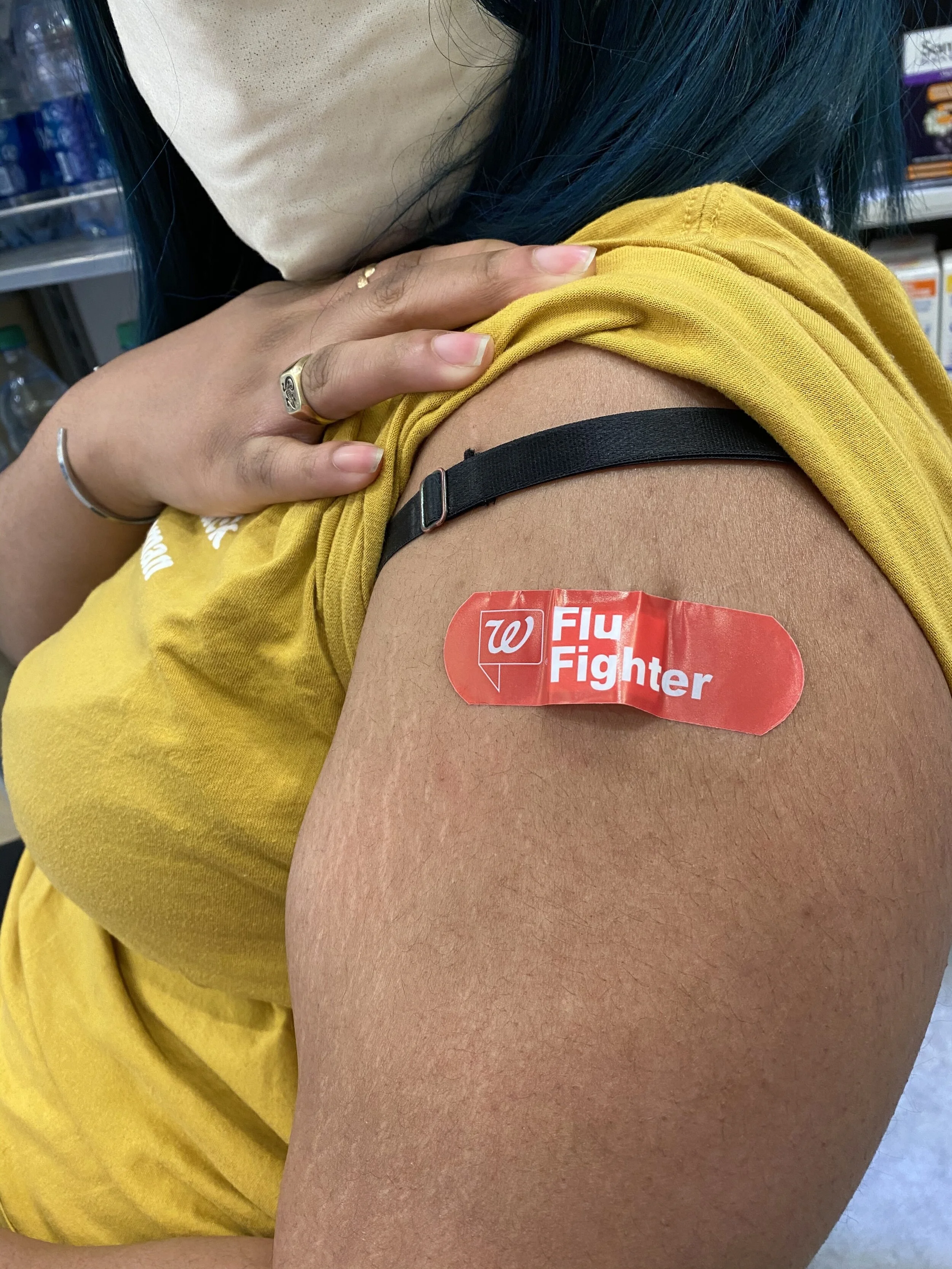What It Was Like Getting The Covid-19 Vaccine As A Black Woman
Honestly, it was fairly painless and anti-climactic given how polarizing and relationship damaging getting the vaccine has become over the coming months.
But I wanted to write about my decision to get the vaccine as a black woman because there is still a huge percentage of Black Americans that remain unvaccinated and because COVID has a higher likelihood of causing death in Black Americans compared to other racial groups.
Back in December, before the COVID-19 vaccine was widely available, I happened to be mindlessly watching TV when a news special came on about the historical impact of the Tuskegee Study on the Black community.
In 1932, the Public Health Service (PHS) began working in Macon County, Alabama with the Tuskegee Institute to study the effects of untreated syphilis. This would sound great if it weren’t for the fact that none of the 600 black men involved (399 with the disease, and 201 without it at the start of the study), had given their consent.
According to the CDC, “Researchers told the men they were being treated for ‘bad blood,’ a local term used to describe several ailments, including syphilis, anemia, and fatigue.”
But, in actuality, these researchers were letting the disease run rampant in their bodies to study the effects of syphilis on humans. The men were never given the proper medication to cure their illness—even when penicillin had been discovered as a cure in 1947. Instead, these researchers went out of their way to make sure that the subjects of the study were denied treatment.
History.com writes, “PHS researchers convinced local physicians in Macon County not to treat the participants, and instead research was done at the Tuskegee Institute.”
To add insult to injury, the infamous study that was only supposed to last 6 months initially, went on for 40 years until it was leaked to the public, which led to its end in 1972. But by that time, History.com notes that, “28 participants had perished from syphilis, 100 more had passed away from related complications, at least 40 spouses had been diagnosed with it and the disease had been passed to 19 children at birth.”
For 40 years, the United States government quietly experimented on black bodies like lab rats and no one thought it was wrong enough to do anything about it.
It took until 1997 (25 years after the fact) for the President Bill Clinton to even acknowledge and apologize for this morally corrupt research.
So, it should not be of any surprise then that black people are the most wary about signing up for the COVID-19 vaccine. History has taught us that we should be.
Even my mom, a healthcare worker that has been on the frontlines of this pandemic, talked to me about her weariness to get the vaccine. I remember back towards the end of 2020 her asking me if I had plans to get the vaccine and I said I didn’t know.
I’m very cautious about being the first one to try something and I know exactly who I developed that sense of cautiousness from. My mom replied that she, too, was unsure about whether or not she wanted to do it.
“I’m surprised,” I said.
“Why?” she replied.
“I guess I would have thought that having to be so close to COVID patients would make you want to get vaccinated.”
To which she said,“ Yeah, but you just don’t know what’s gonna happen.”
But, a few weeks after we had this conversation, we both decided to roll up our sleeves and get the vaccine. So, what changed you’re wondering?
After getting my first shot, my arm was very sore for a few days, but that was the only side effect I experienced. After my second shot I experienced no side effects.
When we next spoke to each other, we both acknowledged how fearful we were about trying something so new. But ultimately, what guided our decision to get the vaccine was the fact that we were both tired of living in fear of COVID. Now the vaccine does not offer full immunity and breakthrough cases of people developing COVID after being vaccinated has occurred. We’re both aware of this.
But after reading story after story and social media thread after social media thread of people losing loved ones—and sometimes entire families to COVID, I personally felt like any form of protection would be better than no form at all.
I also acknowledge that the US does not have a spotless past when it comes to rolling out mass vaccines, and that issues that have arisen with some of the vaccines can be scary to learn. However, again, for me personally, hearing what an agonizing process it can be to have COVID, as well as the likelihood of developing long-term symptoms or death was enough for me to take that chance. Only time will be able to tell if I made the right choice, but I wanted to write this post to say that even as someone who got the vaccine, I don’t judge or hate those that choose not to.
You only get one body in life and your desire to wait before you put something new into your body is not stupid. You’re not crazy or irrational for your hesitancy. It is a real and valid concern. And in any other situation, I would actually be on your side, waiting until there were more studies done. But given how quickly COVID is moving in our globalized world, I did not feel like I could take that time, which is nerve-wracking and uncomfortable given the history that black people have had with the American medical community through the Tuskegee study.
But then again, so is the idea of not living to see another day.
So, while I am an advocate of people getting vaccinated, I also think it’s important for people to make the decisions that is best for them. If you are black and you are hesitant to get the vaccine, I want you to know that I see and understand your fear. It is beyond difficult to trust a medical system that has never had our best interests at heart.
But as one of my favorite new mantras goes I choose to fuel my faith and not my fear.
And I am choosing to believe in the vaccine.



